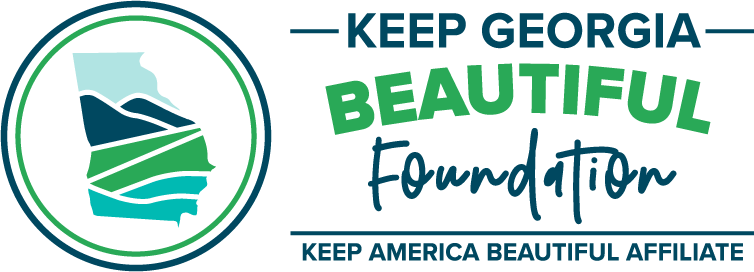Five Environmental Books to Read for Black History Month and Beyond
Most Americans associate George Washington Carver with the peanut, but did you know he was one of the founders of the modern organic farming movement? Are you interested in learning more about agriculture as resistance, the relationships between people of color and outdoor spaces, or the environmental perspectives of poets like Phillis Wheatley and Gwendolyn Brooks? We’ve compiled a collection of diverse narratives that we think should grace your shelves all year long.
1. Legacy on the Land, by Audrey and Frank Peterman
In 1995, Audrey and Frank sold their house and furniture in Fort Lauderdale and set off on a three-month trip to see America’s great outdoors. Their oldest child had recently graduated from college, and neither of them had previously visited places like Yosemite, the Grand Canyon, or the Badlands. In Audrey’s experience, it felt “like someone who had lived in an opulent mansion for years and had only seen the kitchen, then accidentally opened the door leading into the grand drawing room”. This book details their travels, the history between people of color and our national parks, and the importance of increasing diversity when it comes to our public lands.
2. Freedom Farmers: Agricultural Resistance and the Black Freedom Movement, by Monica M. White
Fannie Lou Hamer founded the Freedom Farm Cooperative in Sunflower County, Mississippi in the 1960s after being fired by a plantation owner for registering to vote. Her immediate goals: to provide nutrition, affordable housing, and entrepreneurship opportunities for African-Americans in the South. Over time, the project grew to include over 600 acres of land, and became an alternative to the second wave of the Great Migration. Dr. White, an assistant professor of Environmental Justice at the University of Wisconsin-Madison, tells the stories of several such collectives during the Civil Rights Era and reframes the history of today’s food justice movement. If you’re interested in farming as it relates to racial justice, this book is for you.
3. Black Nature: Four Centuries of African American Nature Poetry, by Camille T. Dungy (ed.)
We can’t wait to dig deeper into this anthology. Dungy has selected 180 works by 93 poets that span from slavery to the Harlem Renaissance to the present century. Rather than post them chronologically, she divides them into ten cycles, Dirt On Our Hands and What the Land Remembers being a few examples. This collection will expand your understanding of environmental writing and African American poetics, and as one reviewer states, expose you to a lens through which “nature can be comfort, it can be a painful reminder, and it can be inspiration, often all at once.”
4. The Home Place: Memoirs of a Colored Man’s Love Affair with Nature, by J. Drew Lanham
“Being a birder in the United States means that you're probably a middle-aged, middle-class, well-educated white man. While most of the labels apply to me, I am a black man and therefore a birding anomaly.” Lanham, a naturalist, birder, and professor, goes on to describe himself as “a rare bird in the flock”, and recounts his experiences growing up in rural South Carolina in colorful detail. He shares fond memories of family, his journey to learn more about their history, and how his love of wild spaces shaped him into the man he is today. This book is an ode to nature, a fascinating account of race relations, and a compelling argument for making environmentalism a more inclusive field.
5. My Work Is That of Conservation: An Environmental Biography of George Washington Carver, by Mark D. Hersey
George Washington Carver is best known for his research on peanuts and sweet potatoes, but his contributions to the field of agriculture encompass so much more than that. He was an early advocate for waste reduction, composting, and environmental preservation, and this book takes its readers on his journey to improve the lives of black farmers and navigate the relationship between land use, race, and poverty. It’s a must read for anyone interested in sustainable farming practices.

